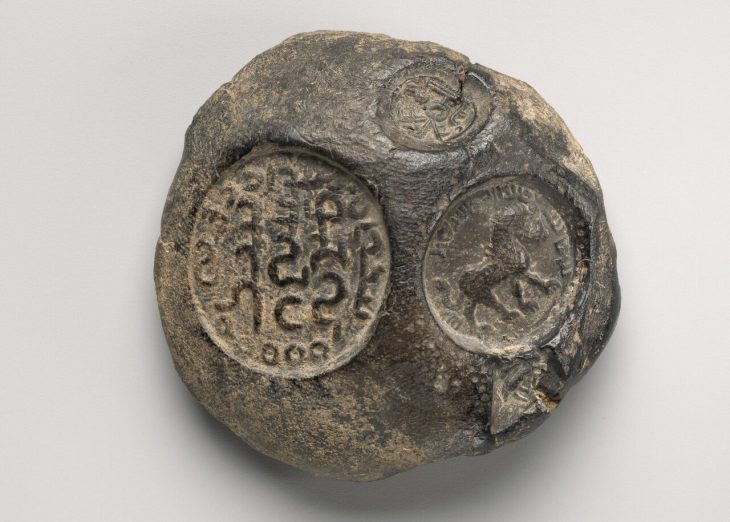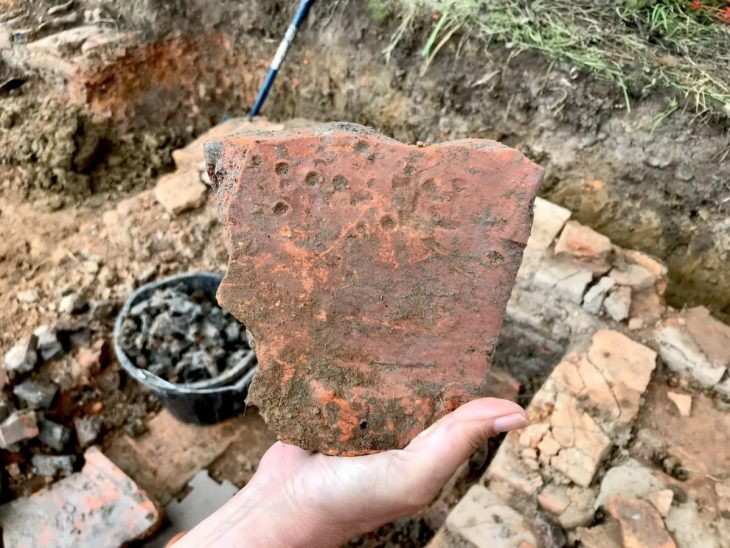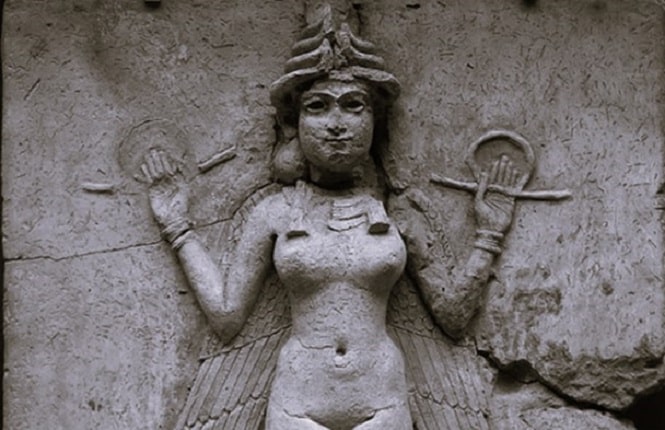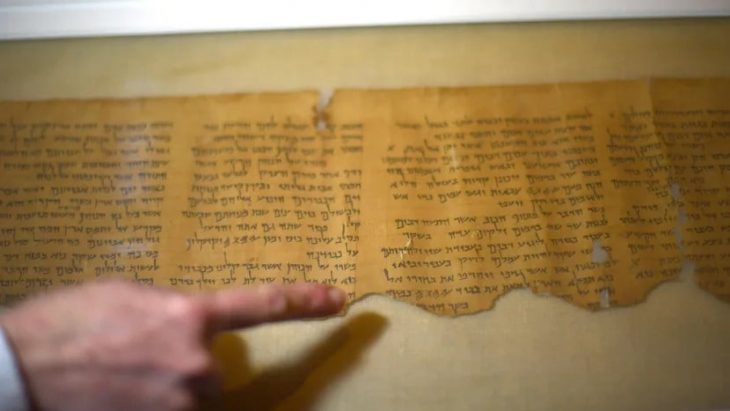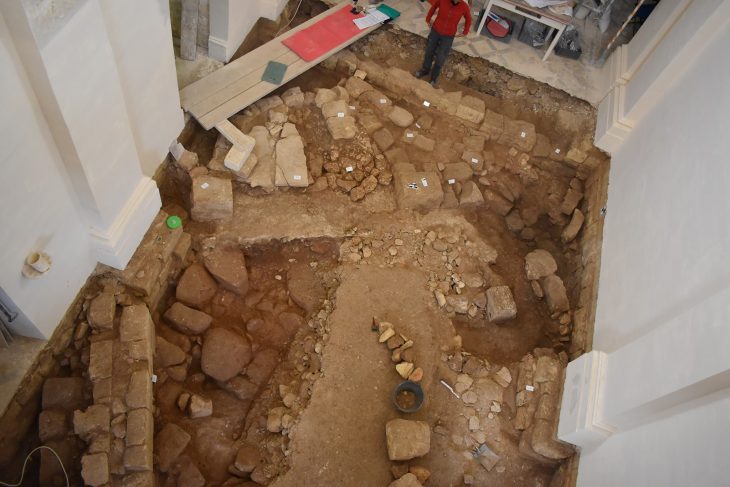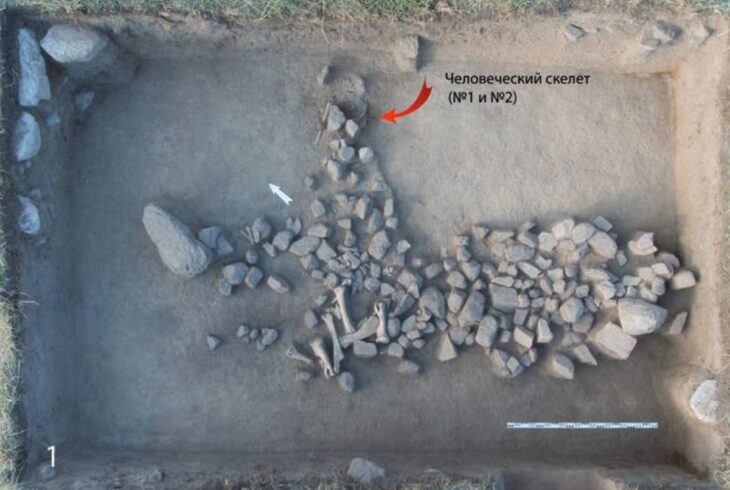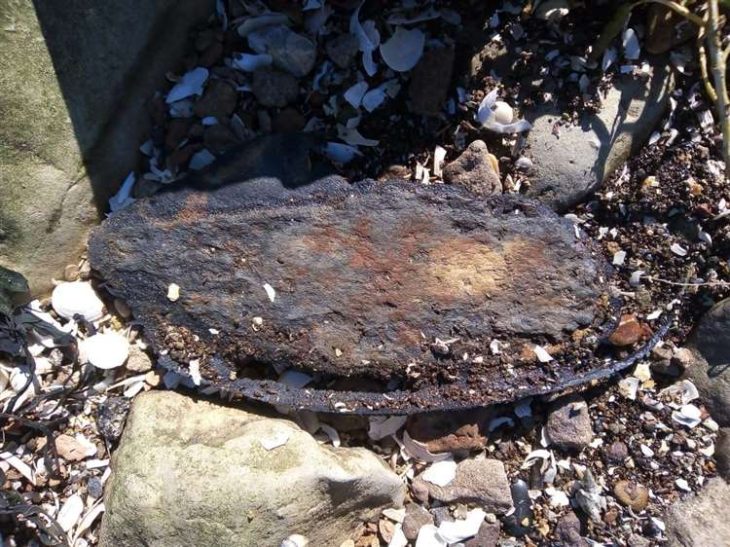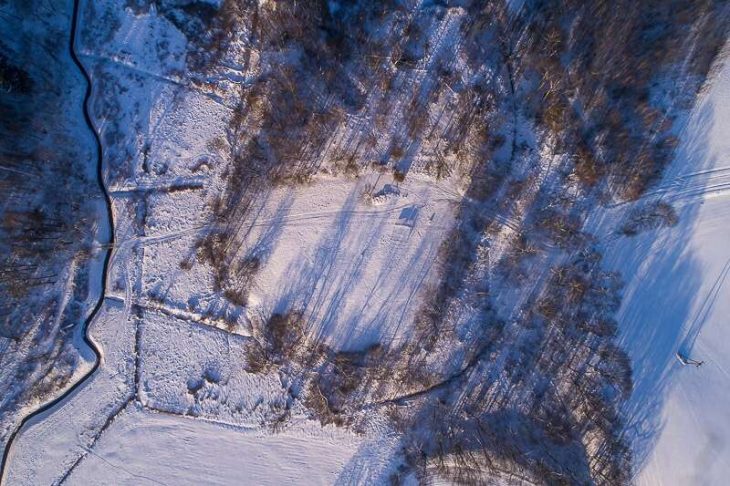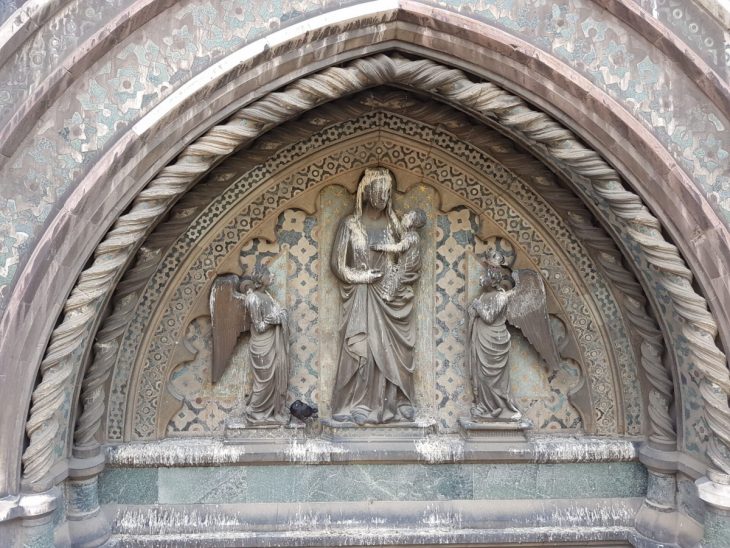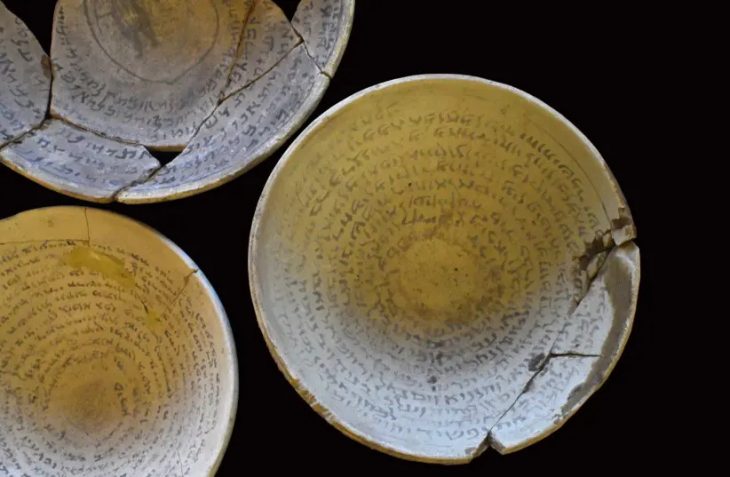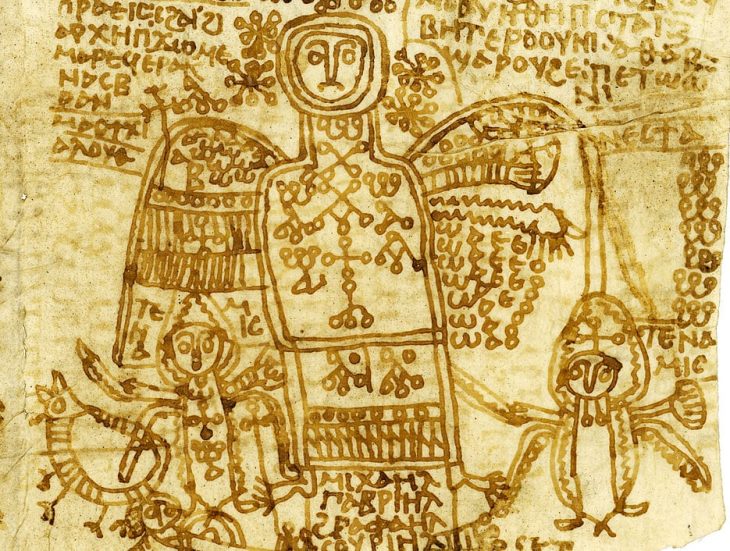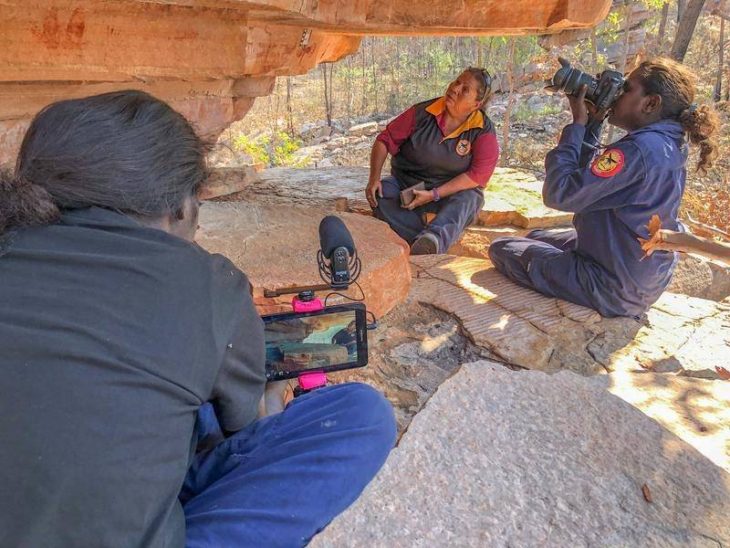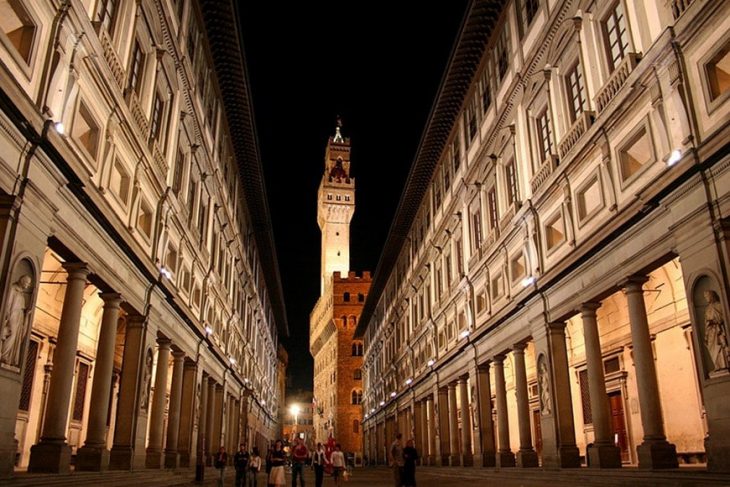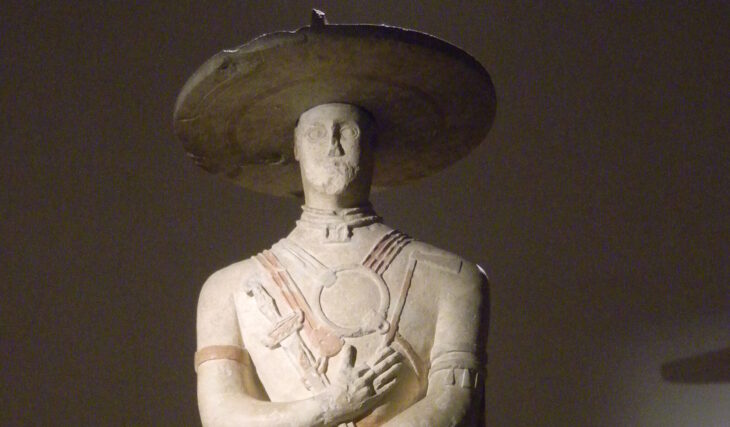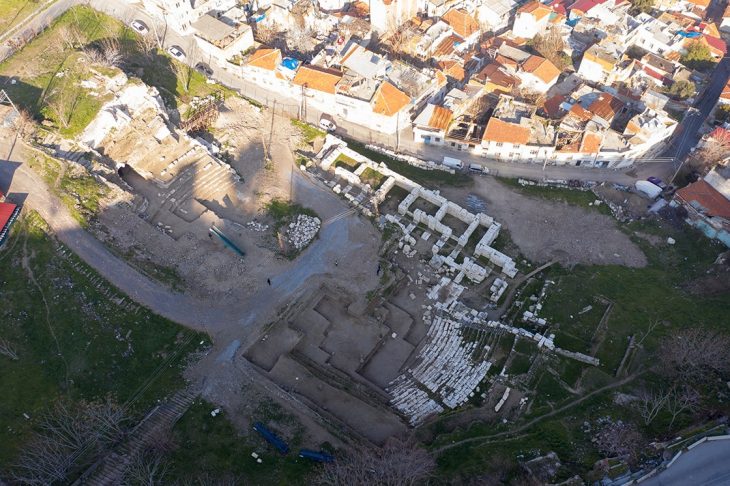In a remarkable achievement for Anatolian studies, two Durham University-affiliated archaeology students have received prestigious awards for their research on ancient Lycia (Trm̃misa), a culturally rich region of southwestern Anatolia.
Durham’s world-leading Department of Archaeology celebrates the success of two postgraduate researchers recognised for their outstanding work on Lycian history and funerary art.
Durham University’s globally respected Department of Archaeology continues to solidify its reputation as a centre of academic excellence, with two of its affiliated PhD students receiving high-profile awards for their pioneering research into the ancient region of Lycia (Trm̃misa) in southwest Anatolia.
Batuhan Özdemir and Eloise Jones—both supervised by Dr Cathie Draycott, a leading expert in Anatolian art and archaeology—have been honoured for their research that explores different facets of Lycian identity, art, and cultural heritage.
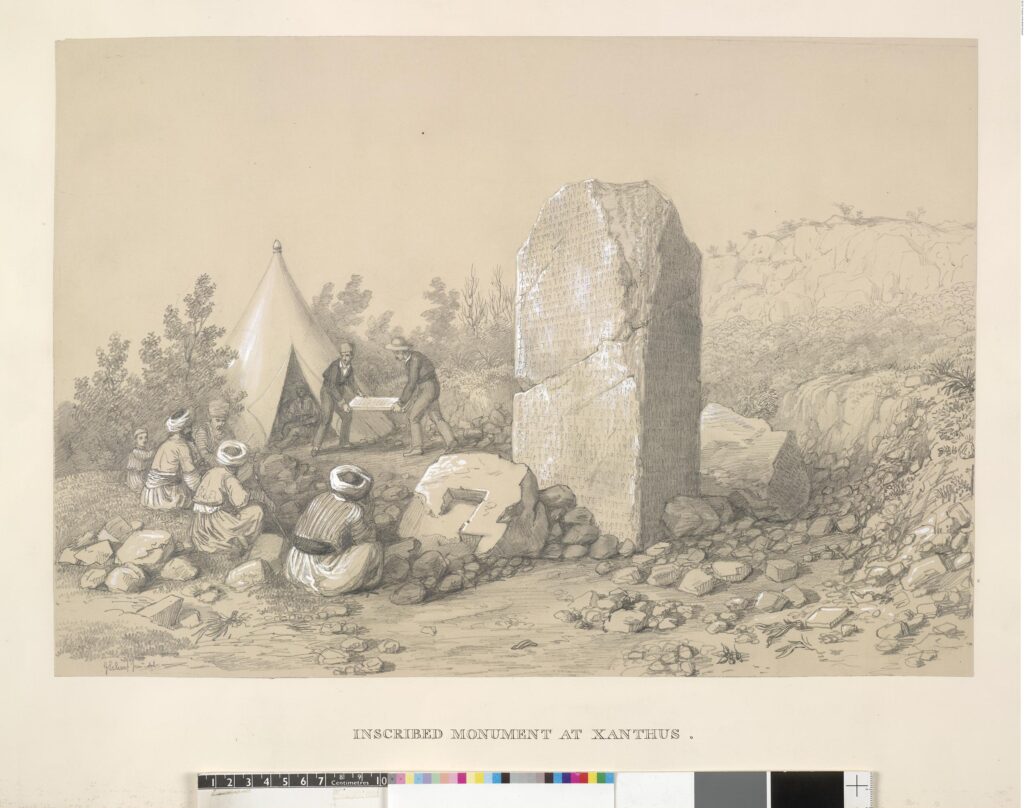
Batuhan Özdemir: Revisiting the Politics of Lycian Antiquities
Batuhan Özdemir has been awarded a prestigious Post-doctoral Fellowship jointly hosted by the British Institute at Ankara (BIAA) and Bilkent University. This fellowship supports his continued work on the geopolitical and cultural narratives surrounding Lycian antiquities in 19th-century Britain.
📣 Our WhatsApp channel is now LIVE! Stay up-to-date with the latest news and updates, just click here to follow us on WhatsApp and never miss a thing!!
His recently submitted PhD dissertation, “Geopolitics and Cultural Identities in the 19th Century: Framing Charles Fellows’s Lycian Collection in the British Museum,” critically examines how Lycian artefacts were collected and displayed during a period of British imperial expansion. His research highlights how colonial attitudes shaped public perceptions of Lycia and continue to influence modern understandings.
Batuhan also co-authored a paper with his supervisor titled “Framing Lycia at the British Museum: Class, Colonialism, and the Clash Between the Picturesque-Hellenic Ideal and the Marginalised ‘Other’ in the 19th Century,” which will be presented at a major international conference—”The Ancient Mediterranean and the British Museum: Pasts and Futures”—in February 2026.
Sponsored by the Turkish Ministry of National Education during his doctoral studies, Batuhan is set to begin a permanent academic position at Ankara Hacı Bayram Veli University, further strengthening scholarly ties between the UK and Turkey.
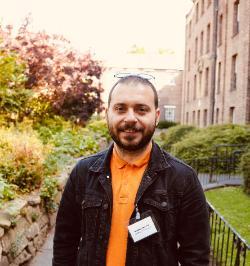
Eloise Jones: Decoding Gender and Myth in Lycian Tomb Art
Eloise Jones has been awarded a highly competitive Leverhulme Trust Studentship, enabling her to continue field research in Istanbul. A Durham MA graduate (2021), Ellie is now pursuing her PhD at the University of Liverpool under the supervision of Dr Alan Greaves, with external supervision from Durham.
Her dissertation, “With Flashing Eyes: Femininity, Mythology, and Apotropaism in Lycian Funerary Iconography from the 6th–4th Century BCE,” investigates how Classical Lycian tombs incorporate symbolic representations of gender, myth, and protective motifs. Her work offers fresh interpretations of how ancient societies viewed femininity, death, and the afterlife.
Before beginning her PhD, Ellie worked as a research assistant at the British Institute at Ankara, further deepening her experience in Anatolian archaeology.

World-Class Supervision and Global Recognition
Both students have been mentored by Dr Cathie Draycott, a prominent scholar in the art and archaeology of Iron Age and Classical Anatolia. Her latest research, “How do you describe what lies in-between? Bricolage, network thinking and Lycia-Trm̃misa,” will appear in Topoi. Orient-Occident (Issue 27, 2024).
Durham’s Department of Archaeology provides students with cutting-edge, research-led teaching and hands-on training, ensuring they are equipped with the academic and transferable skills required to excel on the global stage.
About Durham University
Durham University is a World Top 100 University (QS World University Rankings 2026) and a UK Top 5 university (Times and Sunday Times 2025; Complete University Guide 2026). It is ranked:
6th globally for Archaeology (QS 2025)
22nd globally for Sustainability
64th globally for Graduate Employability
With a strong academic reputation and a vibrant international community, Durham continues to foster world-class research and educational excellence.


